The EEF Board is Having its 2024 Election
About the election
The Erlang Ecosystem Foundation is set up as a community organisation, to be run for and by the community. As such, the role of board member is assigned by a democratic process, where voting members get to run and vote for their preferred candidates.
The process to be followed is described in legalese in our bylaws, but this page will explain more clearly how we plan for this to be working forwards.
Important Dates
The following dates are important to the campaign:
- March 29th: Elections announced
- April 5th: Members can submit their candidacy
- April 19th: Last day to submit your candidacy and email acceptance ends at 23:59 UTC
- April 23th: Votes are open at 00:00 UTC
- April 30th: Votes are closed at 23:59 UTC
Election results will be announced as soon as possible after closing.
Do not forget to make sure you are a voting member to take part into the elections.
What Does a Board Member do?
Board members’ main involvement is essentially to sit in meetings (usually over video chat), and vote on the direction the foundation will take. They are responsible for things such as:
- Choosing how to allocate the budget of the Foundation (within the regulations specified by the bylaws and the IRS)
- Choosing which working groups are going to be accepted
- Choosing which working groups may be contracted if they are not meeting their objectives
- Handling administrative details (such as running these elections)
- Helping coordinate efforts across working groups
- Have the ability to change and adjust bylaws
- Bear the responsibility and be accountable for the Foundation’s ongoing success
It is ultimately a fairly political job focused on “running the foundation”, distinct from the more direct involvement people in specific working groups usually have. Board members are not precluded from being part of working groups either.
Additionally, the roles of Director and Secretary can only be assigned to people on the board; they are the people who have all the actual administrative duties related to legal paperwork (writing actual signatures!), finance, insurance, maintaining meeting minutes, and ensuring that bylaws are respected by the rest of the board.
None of these roles are compensated; this is a volunteer effort because you care to steer the foundation in a direction you believe is important. You may also put the role of board member on your LinkedIn page or resume if that suits you.
Who are the Outgoing Board Members?
While the founding members assigned themselves to be part of the board as part of the initial bootstrapping effort, the board has been randomly divided into three cohorts, A (containing 3 members), B (4 members), and C (4 members). To ensure continuity, only one cohort is re-elected each year. This means that you will be elected for 3 years at a time.
Here are the cohorts as defined until the next election:
A, to be re-elected in 2026, and every three years after:- Sebastian Strollo (current Secretary)
- Amos King
- Alistair Woodman (current President)
- Francesco Cesarini
B, to be re-elected in 2024, 2027, and every three years after:- Miriam Pena
- Peer Stritzinger
- Sophie DeBenedetto
- Bryan Paxton
C, to be re-elected in 2025, 2028, and every three years after:- Maxim Fedorov
- Kenneth Lundin
- Ben Marx
For this years election, the members of cohort B are to be re-elected, so the seats of Bryan, Miriam, Peer, and Sophie are up for grabs.
How to Run?
If you want to run, you must be a voting member. Voting members are members who have done one or more of the following:
- A paying member paying their yearly membership or having paid for a lifetime membership
- A contributing member, who has spent about 5 hours monthly working in a working group, and who has contacted us at voting@erlef.org to claim their voting rights
- A managing member, who leads a working group and who has contacted us at voting@erlef.org to claim their voting rights
- A board member, who has a de-facto membership.
If you want to run, you should contact us at voting@erlef.org with the following information:
- Your name
- A short biography describing who you are
- A short text explaining why you think people should vote for you
- A photo (optional)
If eligible, you will then be added to the list of candidates on this page and on the ballots.
You have until 23:59 UTC April 19th to submit your candidacy.
How to Vote
You first have to have the right to vote, as a voting members. Voting members are members who have done the following:
- registered as a paying member paying their yearly membership or having paid for a lifetime membership
- acted as a contributing member, who has spent about 5 hours monthly working in a working group, and who has contacted us at voting@erlef.org to claim their voting rights
- A managing member, who leads a working group and who has contacted us at voting@erlef.org to claim their voting rights
The election will be open on April 23 2024, from 00:00 UTC and for the next 7 days, until April 30 2024 at 23:59 UTC. On that day, a link will be sent to you to the address defined in your member profile. The link will forward you to a form, which will contain a list of all the candidates. Since three chairs are up for re-election, you will get to pick 3 candidates. Once you will have voted, you will not be able to change your votes. The candidates with the most votes will be part of the board for the next 3 years.
Who are the Current Candidates?
This list will be expanded as new candidacies are received
Kiko Fernandez-Reyes
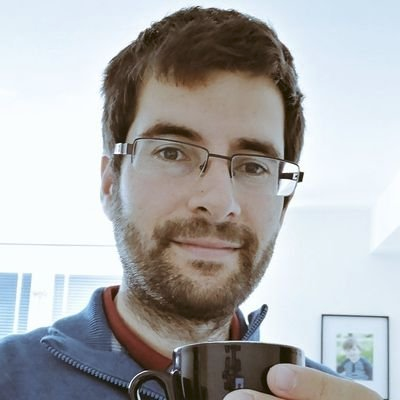
Kiko Fernandez-Reyes is member of the OTP team and holds a PhD in Computer Science by Uppsala University, Sweden. His PhD work has received multiple awards (2 Best Paper Awards and 2 Distinguished Artifact Awards) for the technical contributions, documentation, and source code (reproducibility). After his PhD, he worked at Klarna writing services in Haskell and Erlang, and he was a Board Member of the (Typed) Functional community in Klarna. Later on, he moved to Ericsson and tries to improve OTP little by little.
Why vote for him?
I have a mixed background between academia and industry. As part of the OTP team, I can act as a bridge between the OTP team and the EEF board as well as working groups. My academic background and connections can bring academics to help us get more innovation for BEAM languages. Innovation can come in several ways, for example, researchers/academic partners looking for more optimised garbage collection algorithms, improvements to success typing theory and practice, improvements to the JIT, or even a more energy efficient virtual machine. All of these things have an impact on all BEAM languages, and the OTP team cannot always do “blind” research on all of these topics. We are as strong as our community.
Bryan Paxton
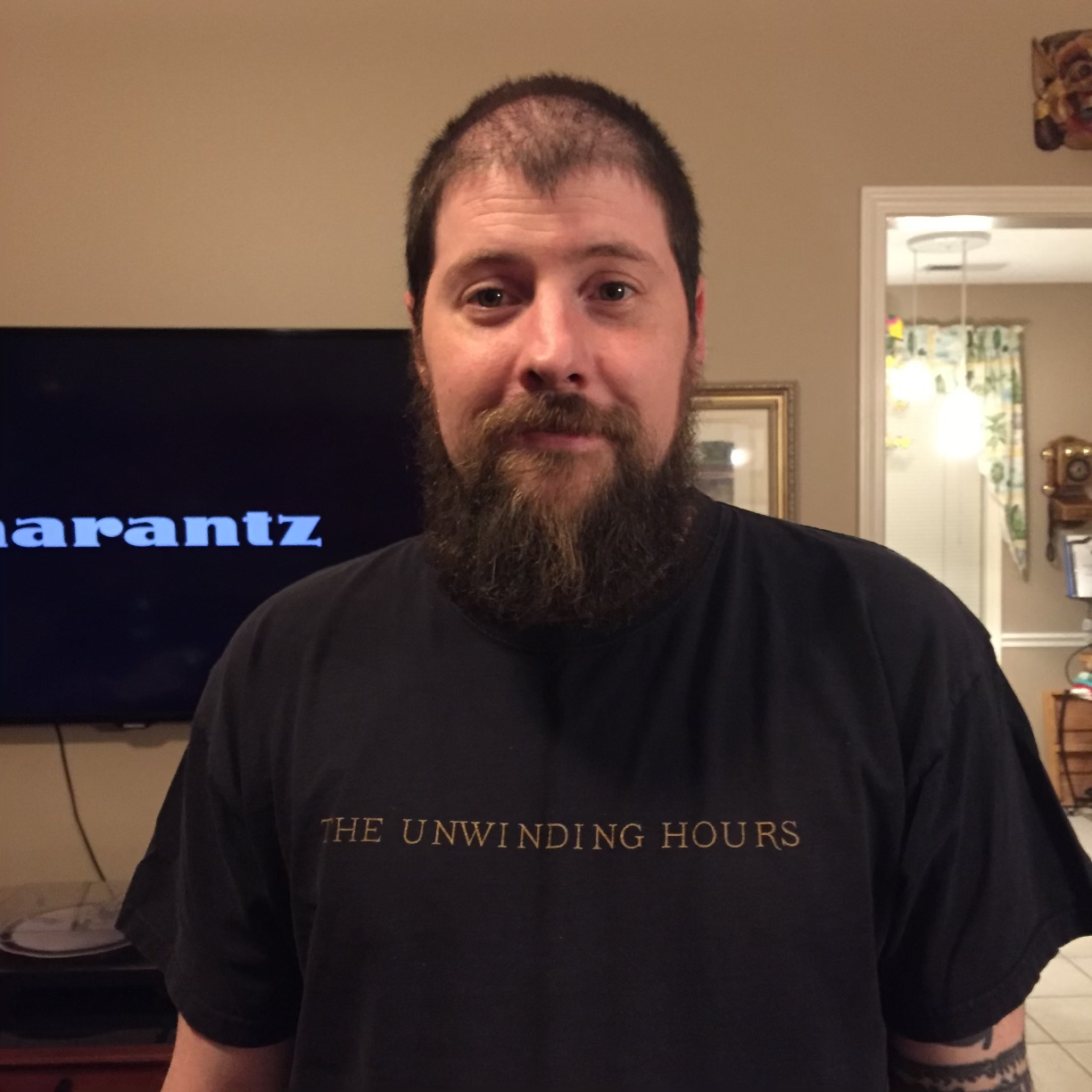
outgoing board member
Bryan (a.k.a starbelly) has worked on the BEAM for roughly 8 years at companies utilizing Elixir, but sought to embed himself within the Erlang community at large (LFE, Gleam, etc.). He has a strong sense of community, has a passion for helping people, and chances are he has reached out to try and help you in the past. In his spare time he contributes to Erlang/OTP, Elixir, hex_core, hexpm, rebar3, and is a co-maintainer of setup-beam, verl, rebar3_ex_doc and rebar3_hex. He also has been an active contributor within the Erlang Ecosystem Foundation shortly after its inception.
Why vote for him?
As an annual supporting member, an active contributor, and a member of several BEAM communities; I have a vested interest in helping further the foundation’s goals and by extension the ecosystem. I bet the farm on the BEAM and as such I make it a point to be highly involved wherever and however I can to assist in furthering the success of the entire community and ecosystem.
David Bernheisel
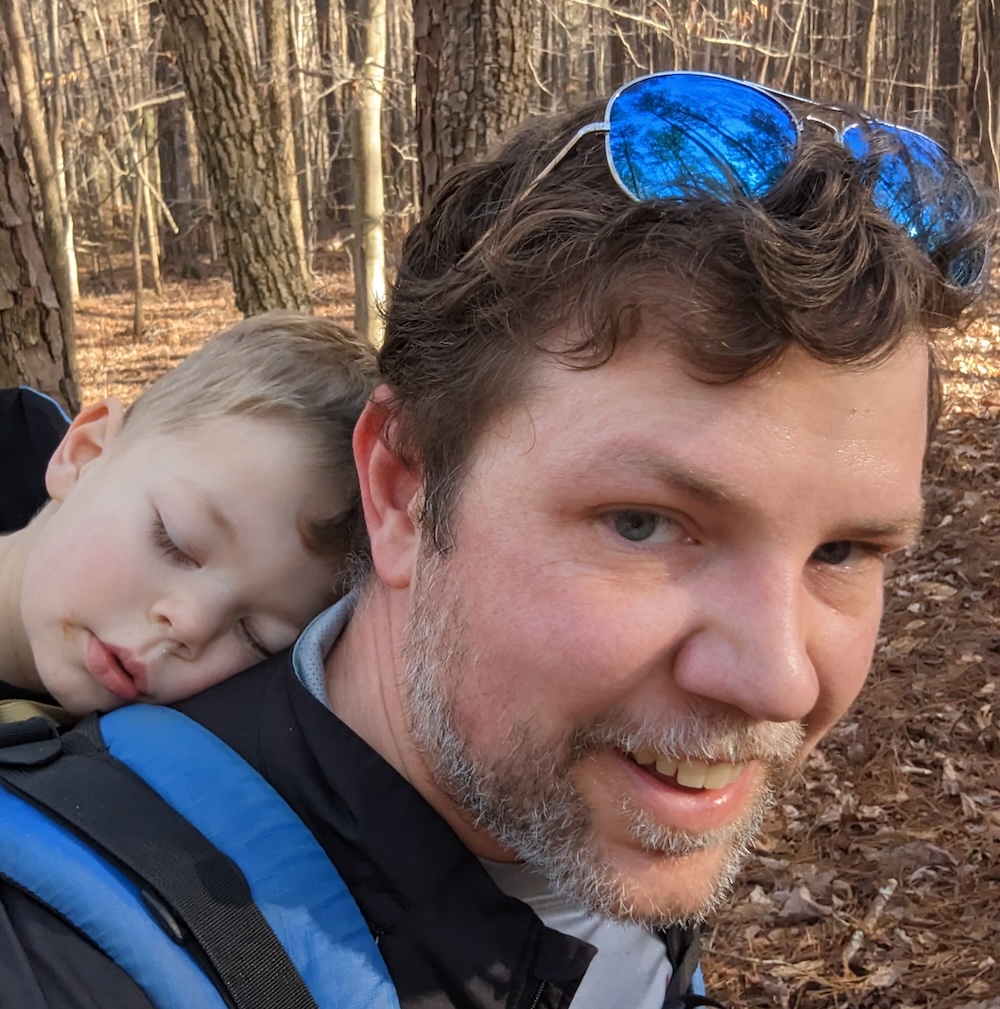
I’m the co-host of the Thinking Elixir podcast and have been working with Elixir for 7 years for both agencies and product companies. I organized Safe Ecto Migrations, wrote a date time parser, a Phoenix SEO library, and elixirstream.dev.
Why vote for him?
I have found a digital home in Erlang’s ecosystem, and I want to serve my community and continue to evangelize for it. I’ve been in the podcast space for years now and want to leverage that along with the foundation.
Miriam Pena
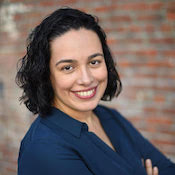
outgoing board member
Miriam is one of the founding members of the Erlang Ecosystem Foundation, where she has sat on the board of directors for 5 years. As a Board Member, she has been a strong advocate for diversity in tech. Under her leadership, the foundation has introduced over 560 students and underrepresented groups in tech to Erlang and Elixir by funding their attendance at conferences and tutorials. She was the driving force behind a stipend program to provide economic support for the development of key libraries needed by the community. She co-founded the Education, Sponsorship, Fellowship and Marketing Work Groups and has represented the Foundation at events, conferences and in social media. She was also involved in the inception of the website and marketing campaign which launched the foundation in San Francisco in 2019.
Miriam is passionate about solving real life problems with highly scalable, concurrent soft real-time systems with demands of high availability. She has consulted and been employed as an Erlang expert in companies all over the world, from the automakers in Detroit to social networks in Madrid, passing through telcos in Stockholm to control systems for renewable energy in Spain… All this brought her to San Francisco, where she is a Software Engineer at WhatsApp.
Miriam obtained her Computer Science Engineering degree from A Coruña University (Spain). In 2018 she was selected as one of the Women in Tech To Watch by Women 2.0. On the community front, Miriam is one of the organizers of the Erlang and Elixir Meetup in San Francisco, helping grow the group to over 2300 members. She has keynoted at CodeBEAM Stockholm, San Francisco and EMPEX LA and spoken at many other events. Her talks have ranged from topics like The EEF and you: Unwrapping 5 years of the Foundation, to the more technical BEAM Extreme, Don’t Do This At Home to D&I topics Unsung Heroes of the BEAM. She has also been on the Program Committee organizing CodeBEAM conferences worldwide.
Why vote for her?
I have a strong belief in the potential of the Erlang Ecosystem Foundation and the developer community it represents. I’m a strong advocate for the Elixir community on the Board and will continue promoting the intermingling of Erlang and Elixir, as I believe that together, we are stronger. Elixir has a thriving and popular community that can revitalize the more established Erlang group; and in turn broaden its reach and impact.
Peer Stritzinger
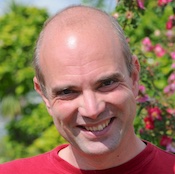
outgoing board member
In the last 5 years, by setting up the EEF and getting it off the ground, I have demonstrated that I can get things done by being versatile and wearing many hats –technical as well as people focused. Being scrappy, resourceful and creative when necessary.
Peer discovered Erlang in 2007 and has been relying on it ever since. Fascinated by all its emergent properties which are quite non-obvious from afar. Around it he found the best developer community one could wish for being part of.
He is Founder and Director of Peer Stritzinger GmbH which created GRiSP www.grisp.org, a platform to run Erlang on small embedded systems for Edge and IoT/Fog applications and focusses on building GRiSP.io a novel holistic distributed computing platform for Cloud/Edge and IoT Fog which will offer the most benefit Erlang Ecosystem language users. Participating in several EU funded research projects, he is trying to push the envelope for what can be done with Erlang and the other languages on the BEAM. Peer Stritzinger GmbH is publishing an extensive collection of Erlang and Elixir Open-Source applications.
Peer’s previous experience ranges from low level device drivers to functional languages in industrialand automotive applications. He initially mastered in physics at the Technical University Munich. He has been working self-employed as a developer since 1987 and also consulted in applied cryptography and protocol design and implementation. He is since ever living and working in the idyllic countryside west of Munich, Bavaria.
Why vote for him?
Starting with several years in the Industrial Erlang User Group, the predecessor Organisation whose main goal was to create what is now the EEF, I’m happy to have been part of the work on making this all happen. As an active member on the board, I always look for ways to improve what we have reached and to introduce new ways of enhancing and growing our community and will continue to do so.
My main focus so far was helping to reach out to sponsors to increase EEFs income and help EEF funded development projects that benefit the ecosystem from the proposal writing to delivery and maintenance. I’m active in several working groups with the main goal of making sure they don’t fall inactive.
As part of the education working group, my main focus is outreach to universities teaching and researching with Erlang based technologies. I’m mentoring students, picking up projects as bachelor and master thesis. In the infrastructure working group I was mainly responsible for the membership database and try to steer the development of the tools we need to organise ourselves.
Should I be elected I will push forward to improve and expand our community by furthering these and similar projects. An important step to achieve this is to further the professionalization of the organization, which will accelerate all our common goals. In oder for this to happen we need to find more sponsors and I will intensify my engagement to grow the income of EEF. With that increased income we can hire for example an executive assistant and people to take care of our infrastructure to not over-rely on volunteer work for that. I believe that this also has the potential to reach out to even more possible sponsors so it will in effect at the minimum pay for itself.
For the funded projects we had the problem of not getting enough good proposals in the beginning. This situation improved a lot which means we actually have a reason why we need more sponsorship, which is the main question we see from potential sponsors. It might sound overly optimistic but I strongly believe we as EEF and the whole open-source community in our ecosystem should strive to get to a point that not only do we have the best programming languages and runtime but also best of breed tooling, documentation and libraries around it. This will be ultimative driver for community growth: when we achieve that and tell the world, people will join.
I will always have an open ear for everyone in the community and help remove all the obstacles which might hinder us to thrive. I will continue my engagement and frequent attendance in the board and working group meetings.
I strongly believe that the technologies built on top of Erlang and the BEAM have still by far not reached their full potential, let’s work together making this happen.